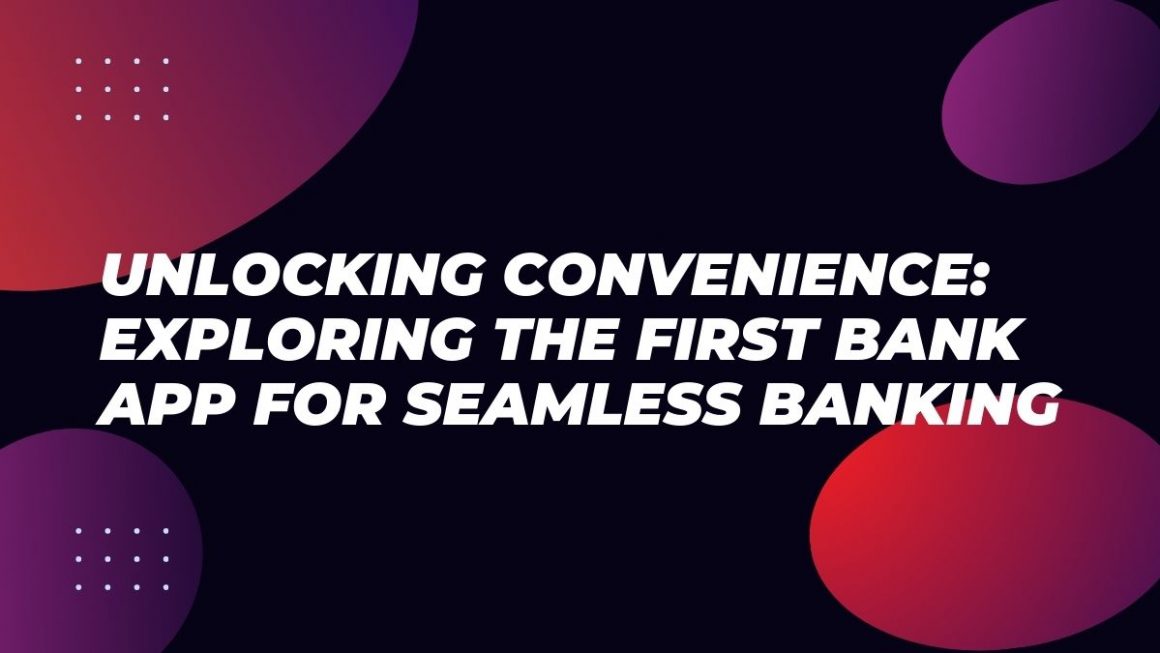Choosing the right water softener for your home is critical to ensuring longevity in plumbing and effectiveness in cleaning tasks. Hard water is rich in minerals, such as magnesium, calcium, and iron. It can cause damage to household pipes and appliances, your skin, and even your hair.
The use of a water softener improves the quality of water by removing these excess minerals. However, selecting the best type depends on a range of factors, including your home’s water hardness level, the size of your household, and your personal water usage patterns.
To dive into the specifics and find the perfect match for your home, check out this handy guide on choosing your ideal water softener and its potential cost factors here: https://www.plumbtechmt.com/water-softener-cost-guide/.
Salt-based ion exchange softeners
Salt-based ion exchange softeners are highly effective water treatment systems that work by changing hard minerals through an ion exchange process.
By doing this, you can lessen the harmful effects of hard water, such as soap scum and scale buildup. You will also be able to improve the quality of your water, making it soft and suitable for a variety of household purposes.
However, it is important to note that these softeners require regular maintenance and salt refilling. The frequency of maintenance depends on the water’s hardness and usage, and it typically involves cleaning the resin bed and replenishing the salt supply.
While salt-based ion exchange softeners are highly efficient, it is worth considering that they may not be the ideal choice for those on low-sodium diets or who prefer a salt-free water treatment option.
Salt-free water softeners
Salt-free water softeners are an excellent choice for health-conscious individuals who prefer to avoid sodium. Instead of using traditional salt, they utilize a potassium-chloride salt substitute, which is a more natural and healthier alternative. This not only benefits individuals who are mindful of their sodium intake but also helps in maintaining a balanced and healthy lifestyle.
While these alternatives are highly recommended for their health benefits, it’s worth noting that they may be slightly less effective at removing extremely high levels of water hardness compared to traditional salt-based softeners. However, they still provide a viable and eco-friendly option for those seeking a balance between water quality and personal wellness.
By choosing salt-free water softeners, you can enjoy the peace of mind of knowing that your water is free from harmful chemicals while also contributing to an eco-friendly and environmentally friendly approach to water treatment.
Dual-tank softeners
Dual-tank softeners, also referred to as twin-tank softeners, provide an exceptional solution for a continuous and uninterrupted supply of softened water. These innovative systems achieve this by utilizing two tanks that alternate the regeneration process, ensuring a constant flow of high-quality, softened water throughout your home or business.
By incorporating two tanks, dual-tank softeners offer several advantages over single-tank softeners. Firstly, they provide a seamless transition during the regeneration cycle, eliminating any downtime or interruption in water softening. This means that you can enjoy the benefits of softened water without any compromise in quality or performance.
While it is true that dual-tank softeners require more space and come at a higher cost compared to single-tank softeners, the investment is undoubtedly worthwhile for those seeking optimal water quality.
The consistent supply of softened water not only enhances the lifespan of your plumbing and appliances but also eliminates the inconvenience of hard water issues such as limescale buildup and soap scum.
Magnetic or electronic softeners
Magnetic or electronic softeners are convenient to install and maintain, as they purportedly modify the electromagnetic properties of calcium and magnesium to inhibit scaling. By creating a magnetic field or using electronic pulses, these softeners aim to change the structure of minerals in hard water, lowering their ability to form scales on surfaces.
However, it is worth noting that these claims are not universally accepted, and the effectiveness of magnetic or electronic softeners in achieving water softening may vary. While some users report noticeable improvements in water quality and reduced scaling, others may find that the level of softening achieved is not on par with traditional methods.
When selecting a model, it is crucial to consider individual needs, water hardness, available space, and budgetary constraints. Thoroughly researching and assessing the various options available can help ensure the most suitable choice for your specific requirements.
By understanding the possible benefits and limitations of magnetic or electronic softeners, you can effectively make an informed decision to address your water conditioning needs.












